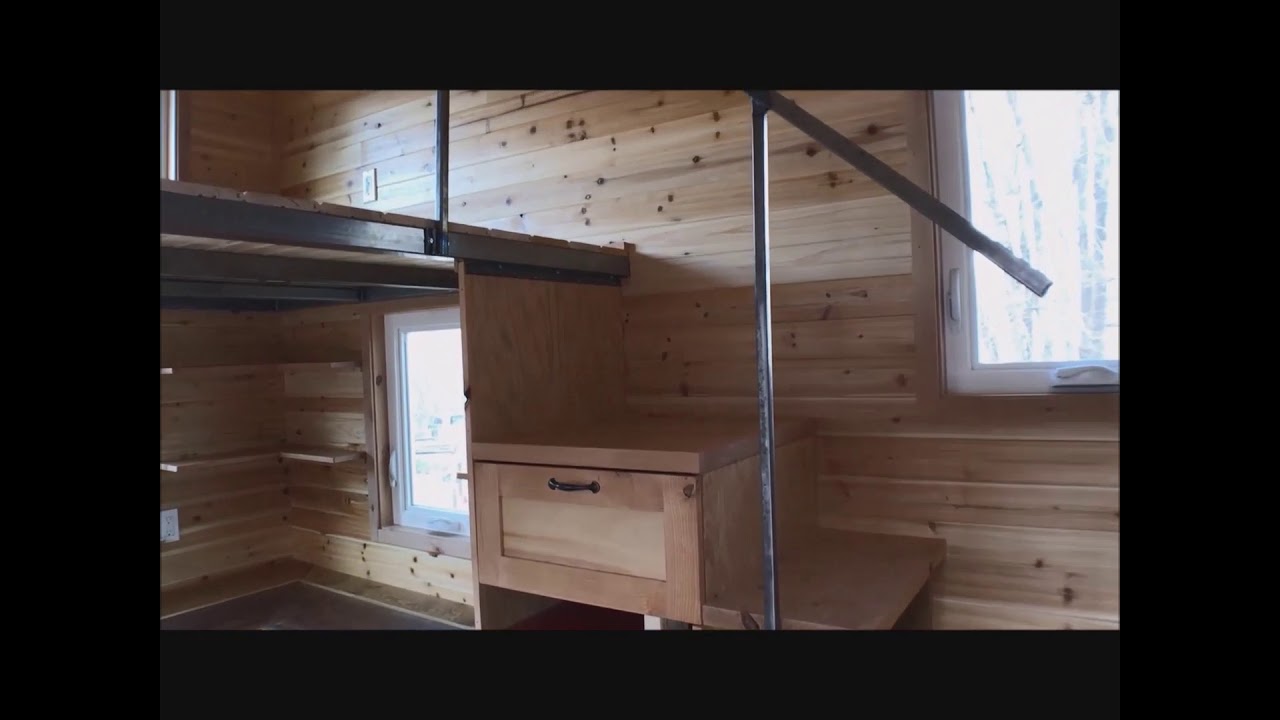Understanding Tiny Houses
Tiny houses have been gaining popularity as an alternative housing option in recent years. These small dwellings, typically ranging from 100 to 400 square feet, offer a minimalist and sustainable lifestyle. They are often built on trailers, allowing for mobility, or on a foundation, resembling traditional homes. With their compact size and efficient design, tiny houses attract individuals who seek financial freedom, reduced environmental impact, and a simpler way of life.
Rhode Island’s Housing Regulations
Rhode Island, like many other states, has specific regulations in place to govern the construction and use of residential properties. These regulations aim to ensure safety, maintain property standards, and preserve the character of communities. Understanding how these regulations apply to tiny houses is crucial for those interested in owning or building one in Rhode Island.
Definition of Tiny Houses
The definition of a tiny house varies across different jurisdictions. In Rhode Island, there is no specific definition for tiny houses in the state’s building codes or zoning laws. However, tiny houses are generally considered to be dwellings that are smaller than the minimum square footage required for traditional homes.
Zoning Laws in Rhode Island
Zoning laws play a significant role in determining where and how tiny houses can be placed in Rhode Island. Zoning regulations typically specify the type of land use allowed in different areas, such as residential, commercial, or industrial zones. It is crucial to research and understand the zoning laws specific to each municipality within Rhode Island to determine if tiny houses are permitted and under what conditions.
Tiny Houses and Building Codes
Building codes ensure that structures meet safety and structural integrity standards. Although Rhode Island’s building codes do not have specific provisions for tiny houses, most construction projects, regardless of size, must adhere to these codes. This means that tiny houses in Rhode Island must meet building code requirements, such as electrical, plumbing, and structural standards.
Permits and Approvals Required
Building a tiny house in Rhode Island requires several permits and approvals, similar to traditional homes. These may include building permits, electrical permits, plumbing permits, and septic system approvals. It is essential to consult with the local building department to understand the specific requirements and processes for obtaining these permits and approvals.
Local Ordinances on Tiny Houses
In addition to state regulations, local ordinances may also impact the legality and feasibility of tiny houses in Rhode Island. Each town or city within the state may have its own set of rules and restrictions regarding tiny houses. Some municipalities may permit tiny houses as accessory dwelling units on existing properties, while others may have stricter regulations or outright bans.
Challenges to Owning Tiny Houses
While the idea of living in a tiny house has its appeal, there are also challenges to consider. One significant challenge is finding suitable land to place a tiny house. Land availability, zoning restrictions, and the cost of purchasing or renting land can pose obstacles to potential tiny house owners. Additionally, financing and insuring tiny houses may be more complicated compared to traditional homes.
Tiny House Options in Rhode Island
Despite the challenges, there are options for those interested in tiny house living in Rhode Island. Some individuals choose to build or purchase tiny houses on wheels, allowing for mobility and the potential to park in RV parks or on private property. Others may explore the possibility of placing tiny houses as accessory dwelling units on existing properties, subject to local regulations.
Available Tiny House Communities
While the tiny house movement is still relatively new to Rhode Island, there are emerging tiny house communities in the state. These communities offer a sense of belonging and support for tiny house enthusiasts. They provide opportunities for like-minded individuals to connect, share resources, and navigate the challenges of tiny house living together.
Legal Considerations for Tiny Houses
To ensure compliance with Rhode Island’s regulations, it is essential to consult with professionals experienced in tiny house construction and legal matters. Lawyers, architects, and builders familiar with tiny house regulations can offer guidance and assistance throughout the process. Seeking professional advice can help avoid legal issues and ensure a smooth and successful transition to tiny house living.
Future of Tiny House Movement in Rhode Island
While Rhode Island’s regulations and infrastructure are still adapting to the tiny house movement, the future looks promising. As the demand for affordable and sustainable housing options grows, there is a possibility that regulations will evolve to accommodate tiny houses more explicitly. It is crucial for advocates of the tiny house movement to continue educating policymakers and the public about the benefits and possibilities that tiny houses offer to ensure a brighter future for this housing alternative in Rhode Island.





